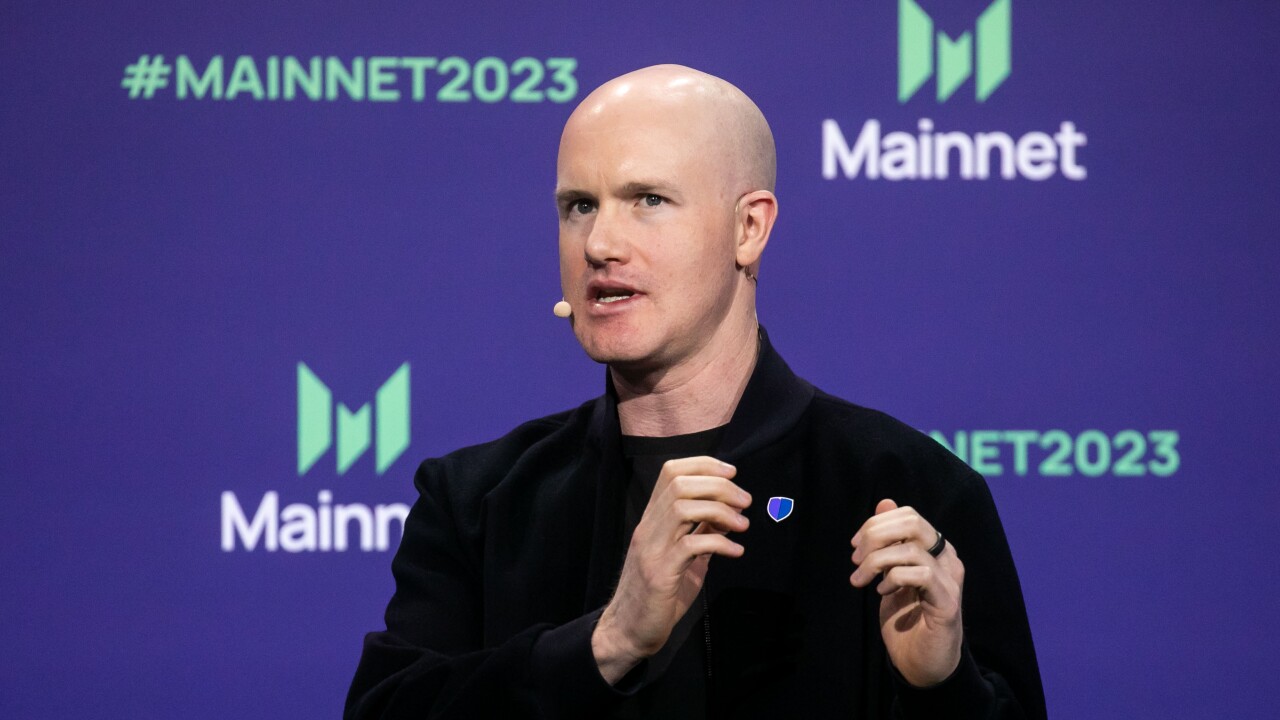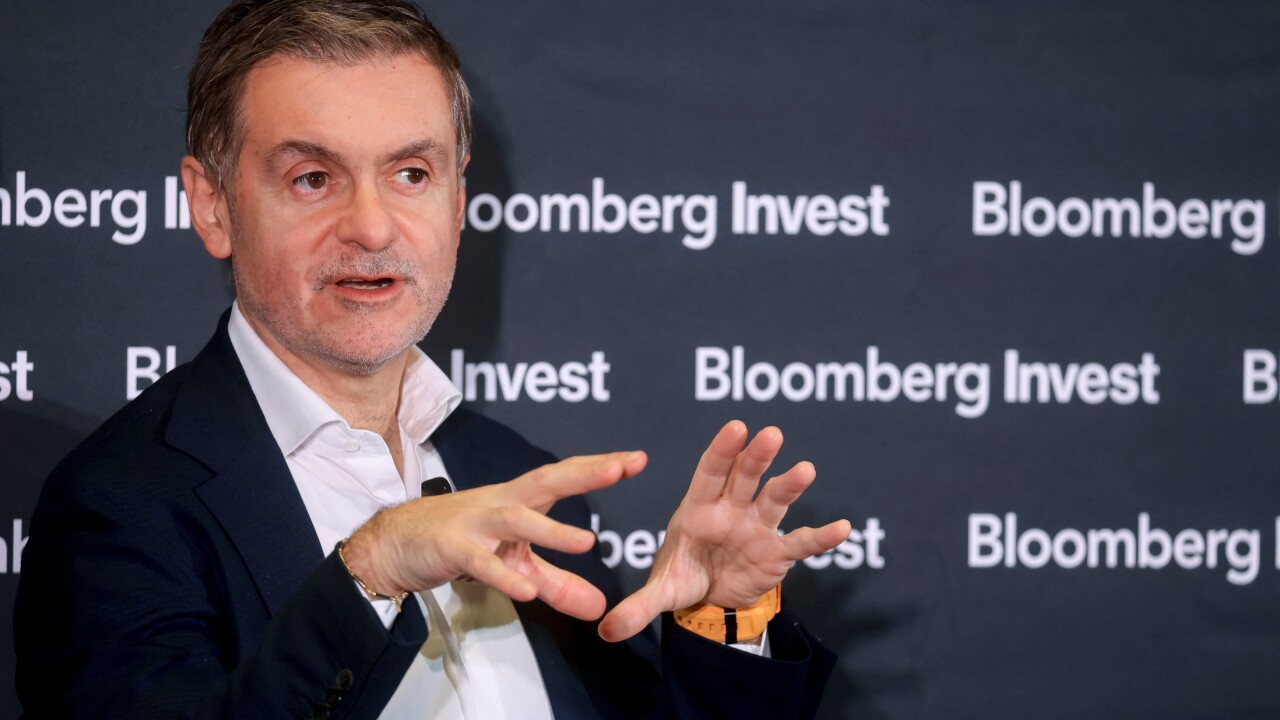Summer Book List
Maybe the triple-digit temperatures have finally gotten to Tom Brown, the former sell-side analyst who now runs his own research firm, Second Curve Capital, and his own Web site, bankstocks.com.
This week his site featured a breakdown of summer reading materials that are popular at a select group of banking companies. Mr. Brown says the list is the result of his own research on Amazon.com.
According to Mr. Brown, the top paperback circulating the ranks at Capital One Financial Corp. is "Critical Chain" by Eliyahu M. Goldratt, who writes about how to develop innovative products.
Meanwhile, employees at SunTrust Banks Inc. are supposedly devouring copies of "Fish! A Remarkable Way to Boost Morale and Improve Results," by Stephen C. Lundin, Harry Paul, and John Christensen.
Bank One Corp. employees - according to Mr. Brown's, um, research - are reading "Double Your Profits in 6 Months or Less," an out-of-print paperback written in 1995 by Bob Fifer.
Mr. Brown even gets in a dig at Credit Suisse Group, which absorbed his old employer, Donaldson, Lufkin & Jenrette Inc., last year and fired a fellow outspoken bank analyst, Mike Mayo.
According to Mr. Brown's research, Credit Suisse First Boston employees are reading "The Super Analysts," a hardcover book by Andrew Leeming that "reveals how the world's top investment analysts research, document, and access companies for investment purposes."
Mr. Brown's comeback: "They're finally looking it up!"
However, not everyone is trying to hone their business skills. Employees of the Seattle financial services company Safeco Corp. have eschewed nonfiction for the fantastical tales of Harry Potter, the popular series of children's books by J.K. Rowling based on a character with magical powers, according to Mr. Brown's Web site.
Year of the Bear
Animals usually don't play a leading role in economic research.
However, Sung Won Sohn, the chief economist at Wells Fargo & Co. in San Francisco, has devoted space on his Web site, Drsohn.com, to the animals that make up the Chinese zodiac.
Mr. Sohn, whose site is independent of Wells', tracks the stock market's percentage gain or loss for each year since 1927. He then calculates the market's average performance during the years associated with each of the 12 astrological animals and gives each animal a grade of "good" (an average gain of 10% or more) or "bad."
Boars apparently have what it takes to boost the market. In 1995, the last Year of the Boar, the stock market rose more than 30%, and in 1935 it climbed more than 40%.
Contrary to what one might expect, a Year of the Tiger is not a "good" one. (That animal's average gain was only 8%.) However, the snake is at the low end of the scale. The market has fallen an average of 2% in Years of the Snake, even though there can be exceptions, like 1989, when it rose almost 30%.
Unfortunately, 2001 is a Year of the Snake, but Mr. Sohn put a positive spin on that fact. After all, he explained over breakfast at the World Trade Center, the snake is able to navigate through difficult territory without much notice.
Staying or Moving?
There has been a lot of talk about the business implications of Wachovia Corp.'s pending sale to a fellow North Carolina company, First Union Corp., but for L.M. "Bud" Baker Jr., Wachovia's chairman and chief executive officer, last Friday's shareholder vote has personal implications: He'll have to move his office to Charlotte.
Or will he?
Under the terms of the $14.5 billion deal, First Union would adopt Wachovia's name but keep its headquarters in Charlotte, 80 miles south of Wachovia's in Winston-Salem. So after the deal closes around Sept. 1, will Mr. Baker be in the market for a home in Charlotte?
"I actually have made no plans whatsoever," he told American Banker after the shareholder vote. "My guess is that at some point I will have an office [at First Union] and a place to live."
The 58-year-old Mr. Baker also may already be thinking about what comes next. First Union chairman and CEO G. Kennedy Thompson will run the "new" Wachovia as chief executive. Mr. Baker has agreed to be its chairman for at least three years, though he could decide to retire early.
For now, he says, his heart remains in Winston-Salem, and he has no plan to sell his home there. "I own an old house that nobody would want," he joked.





